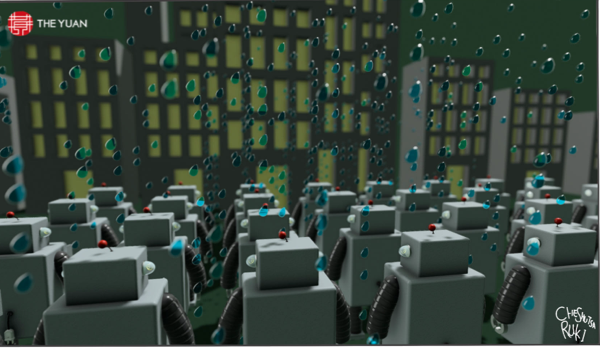


MUMBAI - In 2017, Saudi Arabia became the first country to grant citizenship to a feminine humanoid robot called Sophia. As Sophia went on a globe-trotting marketing tour, the irony was not lost on the rest of the world: that an ultra-conservative nation granted a female-based robot more freedom than any Saudi woman.1
Saudi’s neighbors the United Arab Emirates (UAE), where flogging and stoning are legal forms of judicial punishment,2went one better. In 2017, the country introduced a national policy, the UAE Strategy for Artificial Intelligence, which led to the launch of the world’s first Artificial Intelligence University two years later.
That Middle East and North Africa (MENA) regions, which comprise 21 countries, have some of the most conservative nations in the world is no secret. Old ideals, customs, and traditions persist despite their abandonment by the rest of the world as being regressive and counterproductive. In contrast, over the past decade several MENA nations have been at the forefront of AI technology.
The UAE became the first nation to have a Minister of State for Artificial Intelligence in 2017. Its capital Dubai and big cities in Saudi Arabia and Qatar have used AI in either surveillance or medicine to tackle COVID-19.
“The Middle East is expected to accrue 2 percent of the total global benefits of AI in 2030,” a PricewatehouseCoopers report3 projects. “This is equivalent to US$320 billion. In absolute terms, the largest gains are expected to go to Saudi Arabia where AI is expected to contribute over US$135.2 billion to the economy by 2030, equivalent to 12.4 percent of gross domestic product (GDP). In relative terms, the UAE is expected to see the largest impact, close to 14 percent of their 2030 GDP.”
The richer MENA nations, especially the UAE, Saudi Arabia, and Qatar, are looking to AI to help wean their nation’s economies off oil and
The content herein is subject to copyright by The Yuan. All rights reserved. The content of the services is owned or licensed to The Yuan. Such content from The Yuan may be shared and reprinted but must clearly identify The Yuan as its original source. Content from a third-party copyright holder identified in the copyright notice contained in such third party’s content appearing in The Yuan must likewise be clearly labeled as such. Continue with Linkedin
Continue with Linkedin
 Continue with Google
Continue with Google











 2712 views
2712 views






